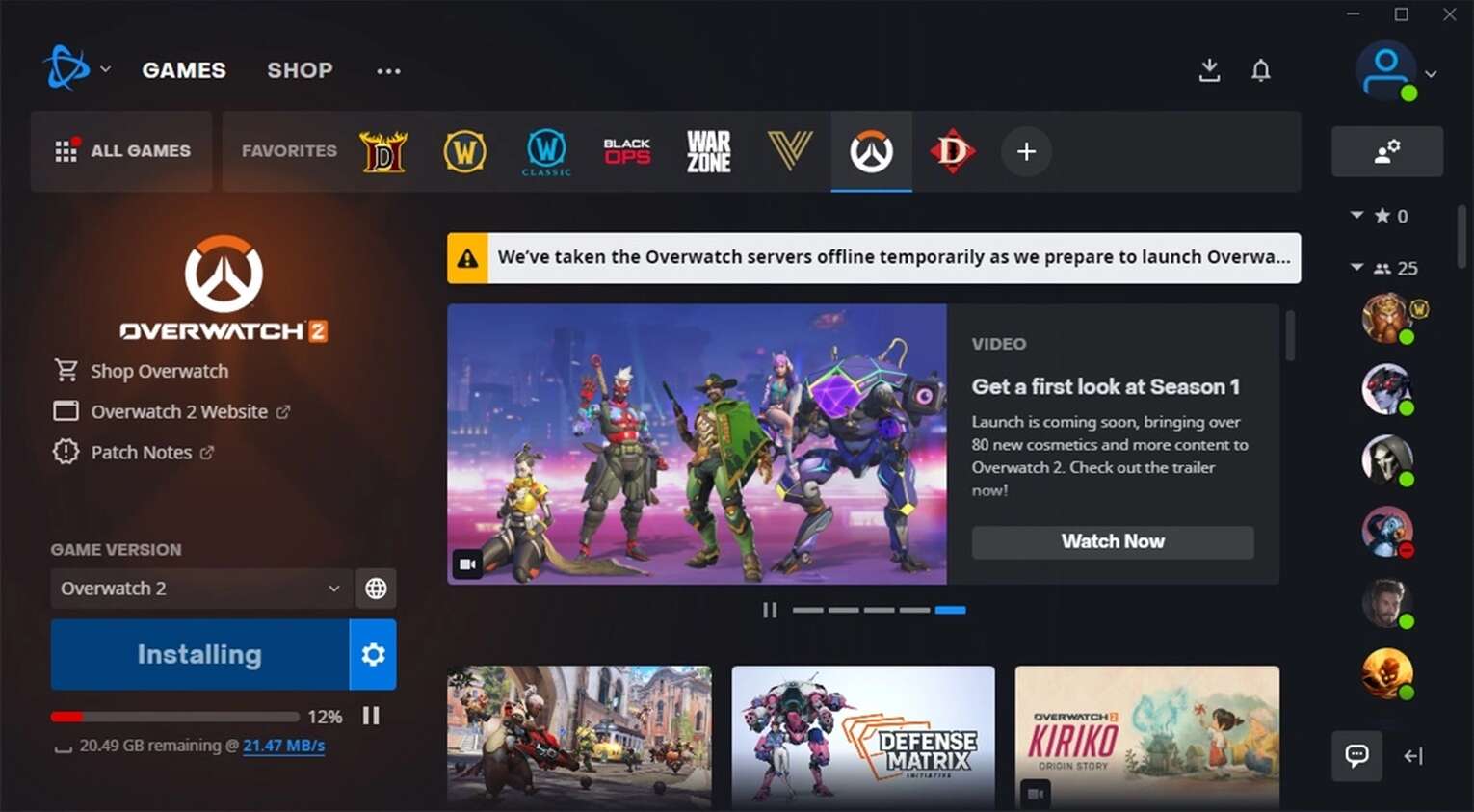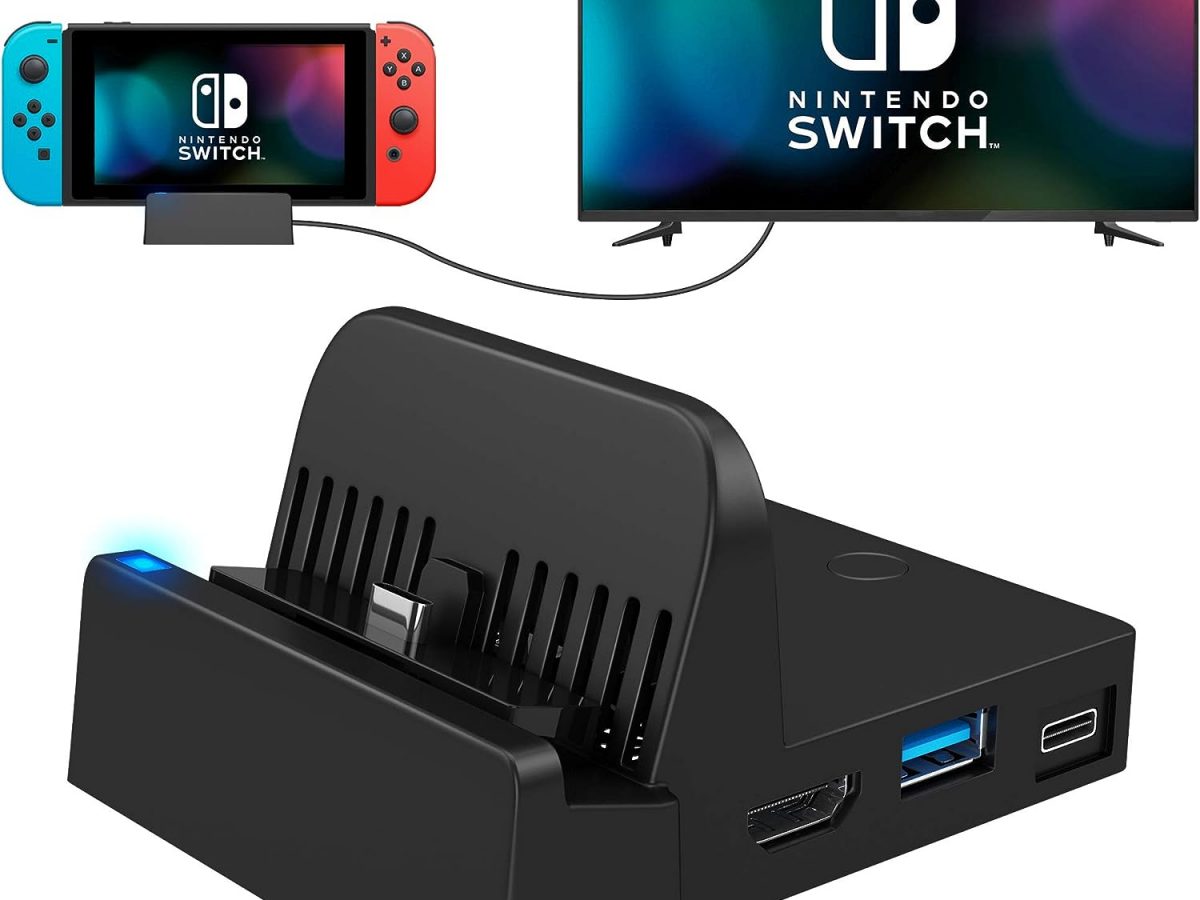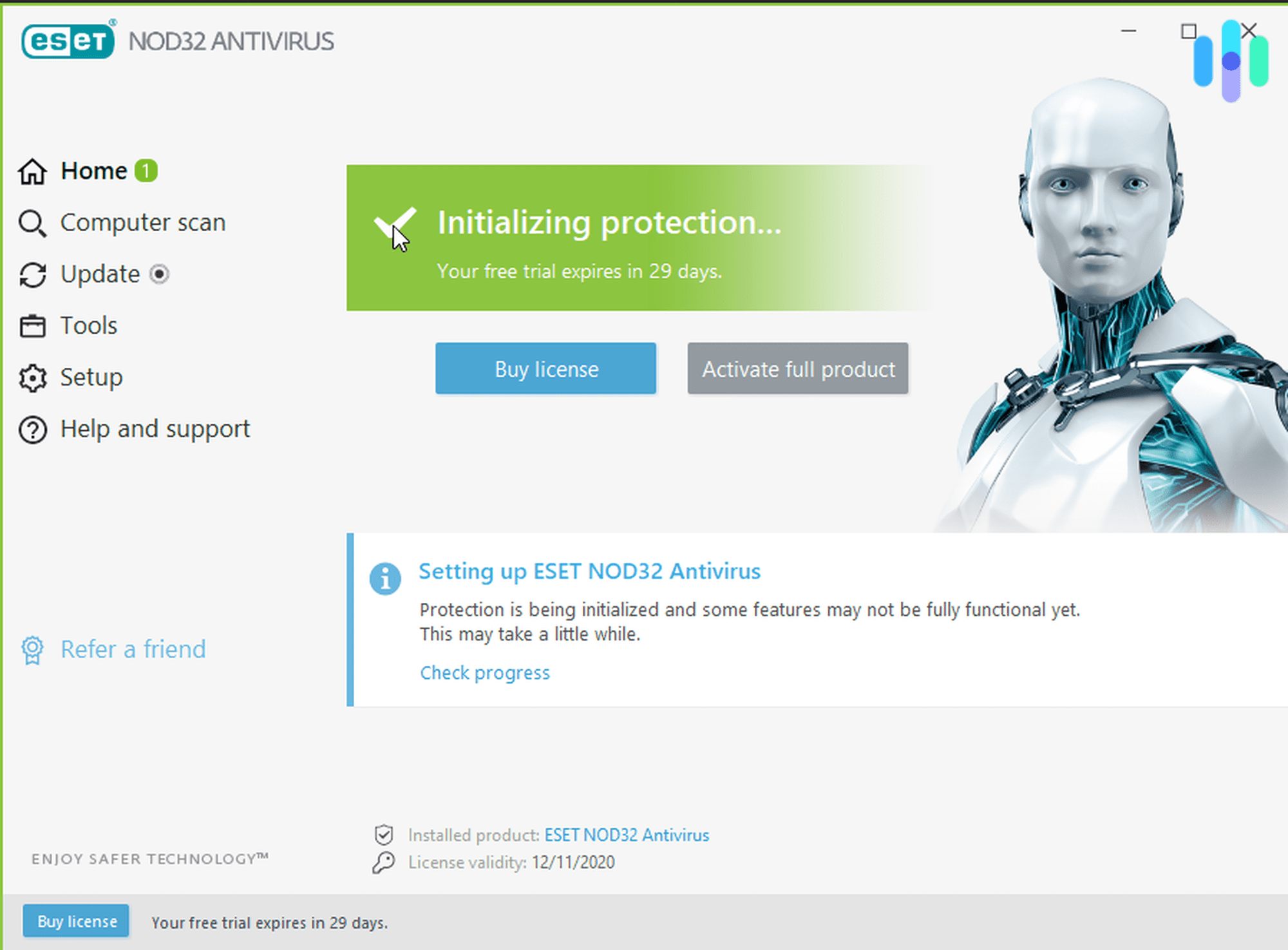Introduction
Obtaining an online gaming license is a crucial step for any business or individual looking to operate in the online gaming industry. As online gaming continues to grow in popularity, the demand for licensed and regulated platforms increases. A gaming license not only ensures legal compliance but also helps build trust and credibility among players.
However, navigating the process of obtaining an online gaming license can be complex and time-consuming. There are various factors to consider, including jurisdiction options, required documentation, fees, and compliance requirements.
In this article, we will explore the steps involved in obtaining an online gaming license. Whether you are a well-established gaming company or a budding entrepreneur, understanding this process is essential to operate legally and efficiently.
We will delve into the factors you should consider before applying for a gaming license, the jurisdictions to research, the necessary documentation to gather, and the steps to prepare and submit the license application. Additionally, we will touch on compliance measures, monitoring, and audits that may follow the issuance of the license.
By the end of this article, you will have a comprehensive understanding of the online gaming license application process, empowering you to make informed decisions and take the necessary steps to obtain a license that suits your gaming business.
Understanding Online Gaming License
An online gaming license is a legal authorization granted by a regulatory body that allows individuals or companies to offer online gaming services in a specific jurisdiction. This license serves as proof that the gaming operator has met the necessary requirements and is compliant with the jurisdiction’s rules and regulations.
There are several types of online gaming licenses available, including casino licenses, sports betting licenses, lottery licenses, and more. Each license type has its own set of requirements, fees, and regulations that must be adhered to.
The primary purpose of an online gaming license is to protect players and ensure fair and responsible gaming practices. By obtaining a license, gaming operators demonstrate their commitment to maintaining the integrity of their operations and providing a safe and secure environment for their customers.
Regulatory bodies responsible for issuing online gaming licenses often have strict criteria that applicants must meet. These criteria may include financial stability, background checks on the operators and key personnel, secure payment systems, adherence to anti-money laundering laws, and robust responsible gaming measures.
Additionally, the regulatory body may require the gaming operator to provide detailed information about their software, game offerings, customer support services, and data protection protocols. This information is used to assess the suitability and competence of the operator and their ability to operate a fair and transparent gaming platform.
It is important to note that the requirements for obtaining an online gaming license may vary depending on the jurisdiction. Therefore, it is essential to thoroughly research the specific regulations and conditions of the target jurisdiction before initiating the licensing process.
Overall, understanding the purpose and requirements of an online gaming license is crucial for any individual or company looking to enter the online gaming industry. Obtaining a license not only ensures legal compliance but also builds trust and confidence among players, setting the foundation for a successful and reputable online gaming business.
Factors to Consider Before Applying for an Online Gaming License
Before applying for an online gaming license, there are several important factors to consider. These factors will help you determine the right jurisdiction for your gaming business and ensure that you are thoroughly prepared for the application process:
- Jurisdiction Selection: The first step is to research and evaluate different jurisdictions that offer online gaming licenses. Consider factors such as the reputation and credibility of the regulatory body, the cost and tax implications, the availability of target markets, and the level of competition in the jurisdiction.
- Legal and Compliance Requirements: Understand the legal and compliance framework for online gaming in the jurisdiction you are considering. Familiarize yourself with the specific licensing requirements, such as financial stability, background checks, software integrity, responsible gaming measures, and data protection protocols.
- Business Plan and Strategy: Develop a comprehensive business plan that outlines your goals, target market, marketing strategies, and financial projections. A well-prepared business plan demonstrates your seriousness and professionalism to the regulatory body.
- Financial Resources: Assess your financial resources and determine if you have the necessary funds to cover the costs associated with obtaining and maintaining an online gaming license. These costs may include application fees, licensing fees, compliance fees, and ongoing operational expenses.
- Infrastructure and Technology: Ensure that you have the appropriate infrastructure and technology in place to support your online gaming operations. This includes robust server systems, secure payment gateways, state-of-the-art gaming software, and a reliable customer support system.
- Competition and Market Analysis: Conduct a thorough analysis of the market and the competition in your chosen jurisdiction. Identify the target audience, study the competitive landscape, and develop strategies to differentiate your gaming platform and attract players.
- Legal and Financial Advisors: Engage legal and financial advisors who specialize in online gaming to guide you through the licensing process. They can provide expert advice on legal compliance, financial structuring, tax optimization, and other crucial aspects of the online gaming business.
By carefully considering these factors and conducting thorough research, you will be better prepared to apply for an online gaming license. Remember, obtaining a gaming license is a significant commitment, and investing time and effort in the preparation stage will increase your chances of success in the highly competitive online gaming industry.
Researching the Jurisdiction Options
One of the crucial steps in obtaining an online gaming license is researching and evaluating the jurisdiction options. The jurisdiction in which you choose to operate can have a significant impact on the success and viability of your online gaming business. Here are some key points to consider when researching jurisdiction options:
- Regulatory Framework: Research the regulatory framework of each jurisdiction under consideration. Look for jurisdictions with well-established and reputable regulatory bodies that are known for enforcing strict standards for online gaming operators. Consider factors such as licensing requirements, compliance measures, and the level of oversight provided by the regulatory body.
- Taxation and Licensing Fees: Evaluate the tax structure and licensing fees imposed by each jurisdiction. Understanding the financial implications is essential as it can significantly impact your profitability. Consider jurisdictions with reasonable tax rates and licensing fees that align with your business model and revenue projections.
- Target Market and Player Base: Identify the target market and player base for your online gaming platform. Research jurisdictions that offer access to your desired target market. Consider factors such as population size, demographics, and the level of competition in the market. Choose a jurisdiction that provides ample opportunities for growth and a favorable player base.
- Reputation and Credibility: Look for jurisdictions with a strong reputation and credibility in the online gaming industry. Consider jurisdictions that are seen as trustworthy and have a history of fair and transparent regulation. A jurisdiction with a positive reputation can further enhance the trust and confidence of your players.
- Infrastructure and Support: Evaluate the infrastructure and support services available in each jurisdiction. Look for jurisdictions with reliable internet connectivity, advanced technology, and a supportive business environment. Consider factors such as access to skilled professionals, legal and financial services, and other necessary infrastructure to support your online gaming operations.
- Flexibility and Innovation: Consider jurisdictions that offer flexibility and innovation in their regulatory approach. Look for jurisdictions that are open to new gaming concepts, emerging technologies, and have a track record of adapting to market trends. This can provide you with a competitive advantage and enable you to stay ahead in the rapidly evolving online gaming industry.
By conducting thorough research and evaluating the jurisdiction options, you can make an informed decision about the most suitable jurisdiction for your online gaming business. Remember to consider your specific business goals, target market, and regulatory requirements to choose a jurisdiction that aligns with your vision and sets the foundation for long-term success.
Gathering the Required Documentation
When applying for an online gaming license, it is essential to gather all the required documentation to ensure a smooth and efficient application process. The specific documentation needed may vary depending on the jurisdiction and the type of license you are applying for. Here are some common types of documentation you may need to gather:
- Proof of Identity: Provide proof of identity for all key individuals involved in the gaming operation. This typically includes passports or government-issued identification documents.
- Background Checks: Be prepared for background checks on the key individuals involved in the gaming business. This may involve providing personal background information, criminal records checks, and financial background checks.
- Business Incorporation Documents: If you are operating as a company, gather your business incorporation documents, including articles of incorporation, business registration certificates, and any relevant operating agreements.
- Financial Statements: Prepare audited or certified financial statements for your gaming business. This may include balance sheets, income statements, and cash flow statements. These financial statements should demonstrate the financial stability and viability of your gaming operation.
- Software and Game Documentation: Provide detailed documentation about the software platform and games offered on your online gaming platform. This includes information about the game rules, payout percentages, RNG (Random Number Generator) certifications, and any other relevant technical specifications.
- Marketing and Advertising Materials: Prepare copies of your marketing and advertising materials, including website content, promotional materials, and advertising strategies. Ensure that these materials comply with the regulations and guidelines set by the regulatory body.
- Data Protection and Security Measures: Outline your data protection and security measures to ensure the privacy and safety of your players’ information. This may include privacy policies, data protection protocols, and cybersecurity measures implemented on your gaming platform.
- Responsible Gaming Policies: Develop and document responsible gaming policies and procedures that promote safe and responsible gambling practices. This may include self-exclusion measures, age verification procedures, and responsible gaming controls.
- Compliance Documentation: Prepare compliance documentation to demonstrate your adherence to regulatory requirements. This may include AML (Anti-Money Laundering) policies, fraud prevention measures, and know-your-customer (KYC) procedures.
- Proof of Financial Capability: Provide evidence of your financial capability to operate a gaming business. This may include bank statements, investment portfolios, or letters of credit.
It is crucial to ensure that all the gathered documentation is accurate, up-to-date, and prepared according to the guidelines provided by the regulatory body. Failing to provide the necessary documentation or submitting incomplete or inconsistent information can lead to delays in the licensing process.
By proactively gathering the required documentation, you can streamline the application process and demonstrate your professionalism and commitment to regulatory compliance. It is also advisable to consult with legal and financial advisors to ensure that all the necessary documentation is prepared correctly and in accordance with the relevant regulations.
Preparing the License Application
Once you have researched the jurisdiction options and gathered the required documentation, it’s time to prepare your online gaming license application. The application process is a critical step in obtaining your gaming license, and attention to detail is crucial. Here are some key steps to consider when preparing your license application:
- Review the Application Requirements: Thoroughly review the application requirements provided by the regulatory body. Ensure that you understand all the necessary documents, fees, and any additional information required.
- Complete the Application Form: Fill out the application form accurately and provide all the requested information. Double-check for any errors or omissions before submitting your application.
- Include Supporting Documents: Attach all the required supporting documents to the application. Make sure they are organized and labeled correctly for easy reference by the regulatory body.
- Submit a Comprehensive Business Plan: Submit a detailed business plan that outlines your objectives, target markets, marketing strategies, financial projections, and regulatory compliance measures. This will demonstrate your understanding of the industry and your preparedness to operate a successful online gaming business.
- Demonstrate Responsible Gaming Measures: Highlight your responsible gaming policies and procedures in your application. Emphasize measures such as player protection, age verification, self-exclusion options, and the promotion of responsible gambling practices.
- Showcase Your Compliance Efforts: Clearly demonstrate your commitment to compliance by providing documentation of your AML protocols, fraud prevention measures, and KYC procedures. This will illustrate your dedication to preventing financial crimes and protecting the integrity of your gaming operation.
- Prepare for Due Diligence Interviews: Be prepared for due diligence interviews or site inspections that may be conducted as part of the application process. Anticipate questions about your business model, security measures, responsible gaming practices, and financial stability.
- Engage Legal and Financial Advisors: Seek the assistance of legal and financial advisors who specialize in online gaming applications. They can review your application, offer guidance, and ensure that your application is compliant with the regulatory requirements.
- Follow the Application Submission Guidelines: Pay close attention to the application submission guidelines. Follow the correct format, submit all required copies, and meet any specified deadlines to avoid unnecessary delays in the application process.
Preparing a thorough and well-organized license application increases your chances of a successful outcome. Remember, the application process may take time, and there may be multiple rounds of review and requests for additional information. Stay proactive, responsive, and patient throughout the process.
By carefully preparing your license application and addressing all the required elements, you demonstrate your professionalism, commitment to regulatory compliance, and readiness to launch a successful online gaming operation.
Navigating the Application Process
Once you have prepared your online gaming license application, it’s time to navigate the application process. This can be a complex and thorough process that requires attention to detail and active engagement with the regulatory body. Here are the key steps to navigate the application process successfully:
- Submit the Application: Ensure that you have completed all the necessary sections of the application form and attached all the required supporting documents. Review the application one final time to ensure accuracy before submitting it to the regulatory body.
- Keep Track of Application Progress: Stay organized and keep track of your application’s progress. Establish clear lines of communication with the regulatory body, and regularly check-in for updates on the status of your application.
- Respond to Requests for Additional Information: Be prepared for the regulatory body to request additional information or clarifications during the application process. Respond promptly and provide the requested information in a timely manner to avoid any unnecessary delays.
- Be Available for Interviews or Inspections: Be prepared for due diligence interviews or site inspections that may be part of the application process. Cooperate fully and provide any requested information or access to facilities as needed.
- Address Compliance Concerns: If any compliance concerns are raised during the application process, address them promptly and take the necessary steps to rectify the issues. Work closely with your legal advisors and regulatory contacts to ensure compliance with all regulations and requirements.
- Maintain Open Communication: Maintain open and transparent communication with the regulatory body throughout the application process. Ensure that you respond to any queries or requests promptly and provide any additional information or updates as necessary.
- Stay Informed about Regulatory Changes: Stay updated on any changes or updates in the regulatory landscape that may impact your application. This includes staying informed about changes in regulations, licensing requirements, or compliance standards.
- Be Patient and Persistent: The application process can be lengthy and may require several rounds of review. Be patient and persistent in following up on the progress of your application but avoid placing undue pressure on the regulatory body.
- Ensure Continued Compliance: Even after obtaining the license, it is vital to ensure continual compliance with the regulations. Stay updated on any changes to the requirements of your license and proactively implement any necessary updates or improvements to your gaming operation.
Navigating the application process requires diligence, patience, and a proactive approach. By following these steps and maintaining open communication with the regulatory body, you increase your chances of a successful outcome and obtaining the online gaming license you desire.
Remember, the application process may vary depending on the jurisdiction, so be sure to familiarize yourself with the specific requirements and procedures outlined by the regulatory body in your chosen jurisdiction.
Paying the Required Fees
As part of the online gaming license application process, it is necessary to pay the required fees determined by the regulatory body. These fees contribute to the cost of processing and reviewing the application, as well as funding the ongoing oversight and regulation of the online gaming industry. Here are important aspects to consider when paying the required fees:
- Understand the Fee Structure: Familiarize yourself with the fee structure provided by the regulatory body. Understand the different types of fees, such as application fees, licensing fees, compliance fees, and any ongoing fees or taxes that may be required.
- Budget Appropriately: Consider the fees as part of your overall business budget. Ensure that you allocate the necessary funds to cover the fees and meet the financial obligations associated with the license application and subsequent licensing.
- Payment Methods: Determine the accepted payment methods for the fees. Some regulatory bodies may have specific guidelines on the acceptable methods of payment, such as bank transfers, electronic payments, or credit card transactions.
- Timing of Payments: Determine when the fees need to be paid during the application process. Be mindful of any deadlines and ensure that you make the payments within the specified timeframe to avoid delays in processing your application.
- Keep Records: Maintain accurate records of all fee payments, including transaction details, receipts, and any corresponding documentation. This will help with financial reporting and provide a paper trail should any discrepancies or inquiries arise.
- Budget for Ongoing Fees: Plan for any ongoing fees or taxes associated with your online gaming license. Understand the payment schedule and calculate the financial impact on your business to ensure continued compliance with the fee requirements.
- Consider Currency Exchange: If your jurisdiction requires fees to be paid in a different currency than your own, factor in potential currency exchange rates and fees. Ensure that you have a clear understanding of the exchange process and mitigate any potential financial impacts.
- Engage with Financial Advisors: Seek the guidance of financial advisors who specialize in online gaming licensing. They can provide insight into the fee structure, offer financial planning advice, and assist with managing the payment process in a compliant and efficient manner.
- Ensure Accuracy: Double-check all payment details to ensure accuracy before submitting the fee payment. Any errors or discrepancies may lead to delays in processing your application.
Paying the required fees is an important part of the online gaming license application process. By understanding the fee structure, budgeting appropriately, and following the guidelines provided by the regulatory body, you can ensure the timely and accurate payment of fees necessary for obtaining your online gaming license.
Remember, it is essential to maintain compliance with ongoing fee requirements to ensure the continued validity of your license. Stay informed about any changes in fee structures or payment processes to avoid unnecessary penalties or regulatory issues.
Compliance, Monitoring, and Audit
Once you have obtained your online gaming license, compliance, monitoring, and audit become vital aspects of operating within the regulatory framework. Compliance ensures that you adhere to the rules and regulations set forth by the regulatory body, while monitoring and audit help maintain the integrity of your gaming operations. Here are key considerations in this area:
- Compliance with Regulatory Requirements: Continuously maintain compliance with the regulatory requirements outlined in your gaming license. This includes following the guidelines and standards set by the regulatory body, ensuring fair gaming practices, and implementing responsible gaming measures.
- Regular Internal Monitoring and Audits: Establish internal monitoring systems to ensure ongoing compliance with the regulatory standards. Conduct periodic audits to assess your gaming operations, financial transactions, responsible gaming initiatives, and adherence to anti-money laundering protocols.
- Track Player Accounts and Transactions: Implement robust player account monitoring systems to detect and report any suspicious activities or potential fraud. Maintain accurate records of player transactions and customer interactions to facilitate internal and external audits.
- External Audits and Assessments: Prepare for periodic external audits conducted by the regulatory body. These audits may assess your financial records, gaming software integrity, responsible gaming practices, and adherence to regulatory requirements. Cooperate fully with auditors and provide the necessary information and assistance they require.
- Implement Data Protection Measures: Ensure the security and confidentiality of player information by implementing robust data protection measures. Comply with relevant privacy laws and regulations to safeguard sensitive data and prevent unauthorized access or breaches.
- Regular Reporting: Fulfill reporting obligations as stipulated by the regulatory body. This may include submitting regular financial reports, responsible gaming reports, and compliance reports. Timely and accurate reporting demonstrates your commitment to transparency and regulatory compliance.
- Continuous Improvement: Continuously evolve and improve your gaming operations to meet changing regulatory requirements and industry standards. Stay updated on advancements in gaming technology, security measures, and responsible gaming practices to ensure ongoing compliance and player protection.
- Stay Informed: Keep abreast of any regulatory updates, guidelines, or changes that may impact your gaming operations. Stay connected with industry news, attend conferences, and engage in ongoing professional development to enhance your knowledge and understanding of regulatory compliance in the online gaming industry.
- Engage with Compliance Experts: Consider seeking the expertise of compliance consultants or legal advisors who specialize in the online gaming industry. They can provide guidance on meeting regulatory standards, assist with internal compliance procedures, and ensure your ongoing adherence to the requirements set by the regulatory body.
Compliance, monitoring, and audit are essential components of maintaining your online gaming license. By continuously adhering to regulations, implementing robust monitoring systems, and engaging in regular audits, you demonstrate your commitment to responsible gaming practices and the integrity of your gaming operations.
Remember, compliance is an ongoing process. Stay proactive and responsive to the evolving regulatory landscape to ensure the long-term success and sustainability of your online gaming business.
Conclusion
Obtaining an online gaming license is a crucial step for any individual or company looking to enter the online gaming industry. It not only ensures legal compliance but also builds trust and credibility among players. However, the process of obtaining a gaming license requires careful consideration, thorough research, and diligent preparation.
In this article, we explored the various factors to consider before applying for an online gaming license. We discussed the importance of understanding the regulatory framework, researching the jurisdiction options, gathering the required documentation, and preparing a comprehensive license application. We also highlighted the significance of paying the required fees and maintaining compliance through monitoring, auditing, and continuous improvement.
It is essential to approach the online gaming license application process with a systematic and strategic mindset. Thoroughly research the available jurisdictions, familiarize yourself with the regulatory requirements, and gather all the necessary documents before submitting your application. Engaging with legal and financial advisors can provide valuable guidance throughout the process.
Once you have obtained your license, prioritize compliance, monitoring, and audit to ensure the ongoing integrity of your gaming operations. Stay informed about regulatory changes, implement responsible gaming measures, and be prepared for external audits to maintain regulatory compliance.
Remember, the online gaming industry is dynamic and continuously evolving. It is crucial to adapt to industry trends and regulatory updates to ensure the success and longevity of your online gaming business.
By following the steps outlined in this article and staying committed to regulatory compliance and responsible gaming practices, you can establish a reputable and thriving online gaming platform that not only attracts players but also contributes to the growth and sustainability of the industry as a whole.

























